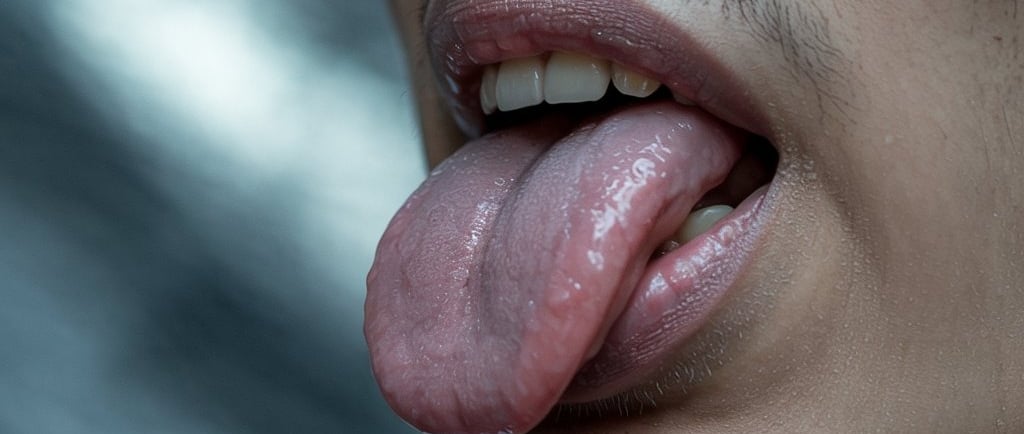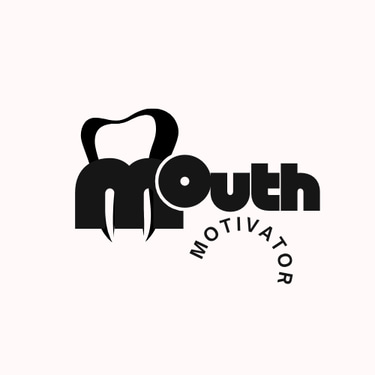Understanding Dry Mouth: Why It’s Not Just an Oral Healthcare Concern
Discover the causes, risks, and solutions for dry mouth, a condition that can impact your oral health and overall well-being.
3/31/20252 min read


I see patients every day in my practice with dry mouth, also known as xerostomia. It is a condition where the salivary glands fail to produce enough saliva to keep the mouth moist. While occasional dryness might not be alarming, chronic dry mouth can lead to significant oral health concerns.
Why Is Dry Mouth a Concern?
Saliva plays a vital role in maintaining oral health by neutralizing acids, washing away food particles, and aiding in digestion. Without enough saliva, individuals may experience:
Increased Risk of Cavities: Saliva helps wash away bacteria and food debris. A lack of saliva leads to a higher chance of plaque buildup and tooth decay.
Bad Breath (Halitosis): A dry mouth often results in persistent bad breath due to bacteria accumulation.
Gum Disease: Insufficient saliva can cause inflammation and infections in the gums, increasing the risk of gingivitis and periodontitis.
Difficulty Chewing and Swallowing: Saliva aids in breaking down food for easier digestion. Without it, eating can become uncomfortable and lead to digestive issues.
Mouth Sores and Cracks: Chronic dryness can lead to painful sores, cracked lips, and increased sensitivity.
Common Causes of Dry Mouth
Several factors contribute to dry mouth, including:
Medications: Many over-the-counter and prescription drugs list dry mouth as a side effect.
Dehydration: Not drinking enough water can lead to reduced saliva production.
Medical Conditions: Diabetes, Sjögren’s syndrome, and other illnesses can contribute to dry mouth.
Lifestyle Choices: Smoking, alcohol consumption, and caffeine intake can worsen dry mouth symptoms.
How to Manage and Prevent Dry Mouth
If you suffer from dry mouth, here are some tips to manage and prevent it:
Drink plenty of water throughout the day.
Use alcohol-free mouthwash to keep the mouth fresh without further drying it out.
Chew sugar-free gum to stimulate saliva production.
Limit caffeine, alcohol, and tobacco use.
Maintain good oral hygiene by brushing and flossing regularly.
Consult a dentist if symptoms persist to explore professional treatment options.
Final Thoughts
Dry mouth may seem like a minor annoyance, but it can lead to serious oral health issues if left untreated. By understanding its causes and taking proactive steps to manage it, you can protect your teeth and gums while maintaining overall well-being. If you frequently experience dry mouth, consult your Oral Healthcare Professional for ideas to address the issue effectively.
Disclaimer: My blog is for informational purposes only. Please see your personal Oral Healthcare Professional for advice. I am an Amazon Affiliate and receive commission on any purchases made on my site. https://www.amazon.com/shop/mae_mae_w
Health
Expert insights on oral health and wellness.
Disclaimer-see your oral health care professional for personal advice
Amazon Affiliate-I receive commision from items purchased from my site at no additional costs to you
Choose Hostinger https://hostinger.com?REFERRALCODE=6CSMAEMAECHX
swhite@mouthmotivator.com
© 2025. All rights reserved.
